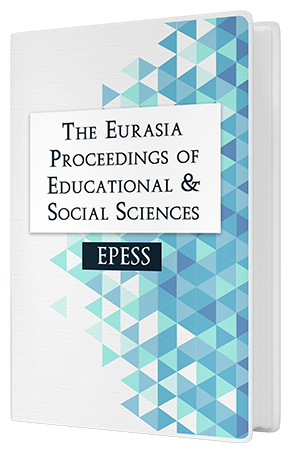The Practice of Collaborative Synergistic Leadership among Malaysian Primary School Science Head Department
Keywords:
Leadership, Collaborative synergy, Head department, Primary schoolAbstract
The practice of collaborative synergistic leadership among head of the primary school science department has used descriptive quantitative design. Synergistic collaborative work is one of the ways collaboration should be practiced in primary schools to enhance teachers' ability and effectiveness of teaching and learning thus helping to boost achievement in science education. The purpose of this descriptive study was to identify the level of leadership knowledge of the collaborative synergy of the science department and to identify the level of management skills possessed in the department management practice. A total of 45 head department from primary schools in Klang district, Malaysia were selected as respondents of this study for the purpose of sampling. The questionnaire used in this study was modified from Mohd Anuar (2007) and Zainorazlin (2001) and Syek (2007) to meet the objectives of the study. The Siegle Reliability Calculator was used to analyze the study data. The results of a pilot study in 25 primary schools showed that the level of collaborative synergy leadership knowledge and management skills in the Science Department were high, yielding a .83 Cronbach alpha. As a result of this pilot study, researchers have proposed several steps to improve and improve the instrumentation and methodology of collaborative synergy leadership research in schools.Downloads
Published
Issue
Section
License
Copyright (c) 2020 The Eurasia Proceedings of Educational and Social Sciences

This work is licensed under a Creative Commons Attribution-NonCommercial-ShareAlike 4.0 International License.
The articles may be used for research, teaching, and private study purposes. Any substantial or systematic reproduction, redistribution, reselling, loan, sub-licensing, systematic supply, or distribution in any form to anyone is expressly forbidden. Authors alone are responsible for the contents of their articles. The journal owns the copyright of the articles. The publisher shall not be liable for any loss, actions, claims, proceedings, demand, or costs or damages whatsoever or howsoever caused arising directly or indirectly in connection with or arising out of the use of the research material. All authors are requested to disclose any actual or potential conflict of interest including any financial, personal or other relationships with other people or organizations regarding the submitted work.




